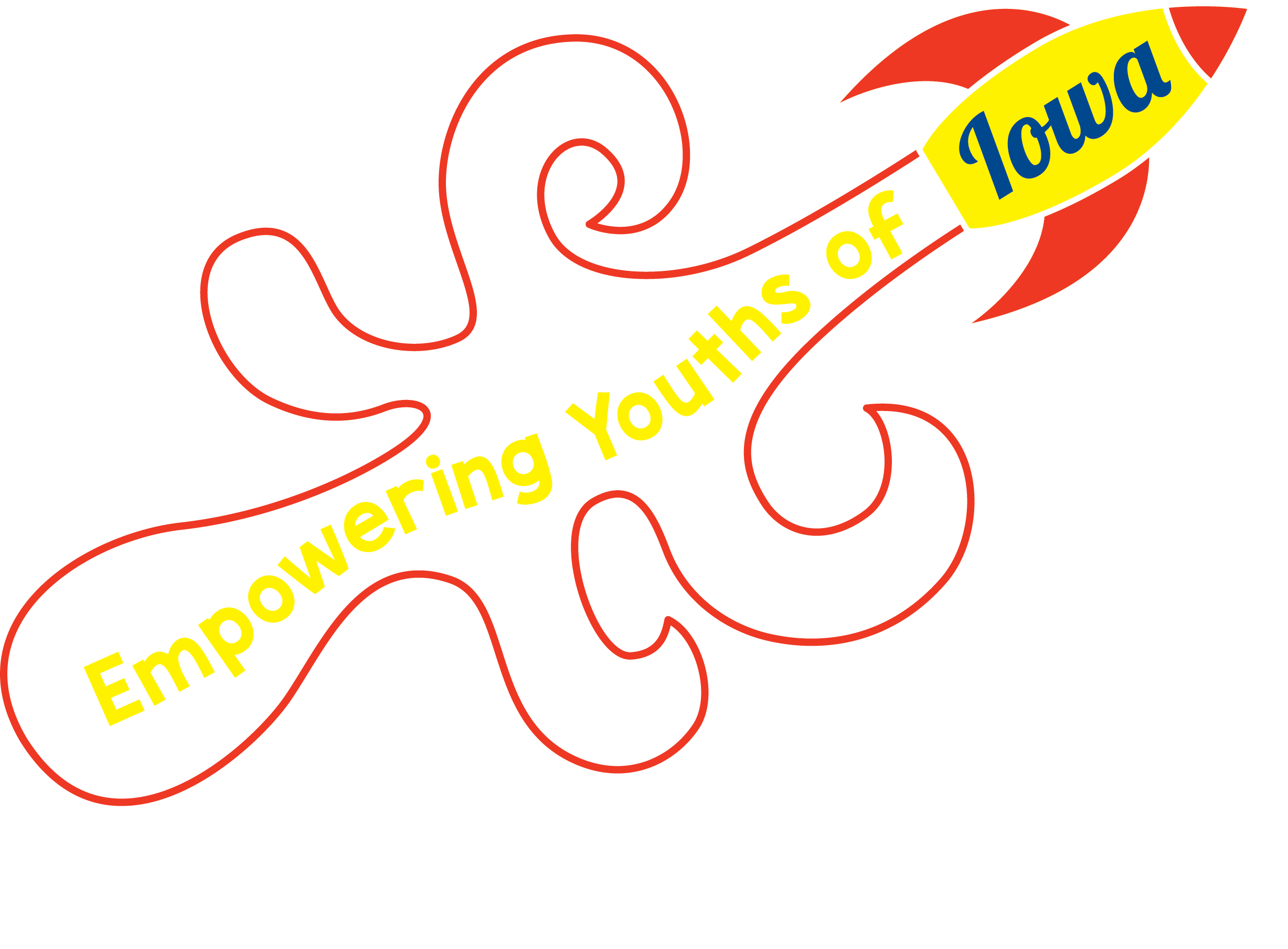

Q. How will we do it?
A. E.Y.I. Keys to Success
Establish a strong network of support with the school systems, community and the juvenile court system.
Launch a series of fundraising activities that will successfully fund the expanding program.
Establish an effective training program for mentors that will increase their ability to be successful communicators.
Establish an effective monitoring system to protect both the youth and the mentor.
E.Y.I. believes in the goal of leaving no child behind. The goal is to raise the visibility of the program to assure that:
Funding sources will support the program;
Adults will volunteer to be mentors.
Referral for services are available
The marketing strategy will be to successfully sell this new resource to the schools and the juvenile court system. This will be accomplished by a referral coordinator who will create and maintain a network of contacts that will serve as the referral source for the program.
Q. What Are the Main Programs?
A. Main programs
E.Y.I. offers youth, that have already been identified as at-risk, an opportunity to work with a caring mentor to improve their ability to develop a positive attitude towards their future. The long-term goal of E.Y.I. is to empower the young person to break the habits that are leading to trouble in school and on the streets.
E.Y.I. has four mentoring programs available. They are as follows:
Groundbreakers: Groundbreakers is the central program of E.Y.I. At-risk middle school students and their mentors participate in a structured program of support. At-risk middle school students and their mentors participate in an energizing retreat, followed by a seven month structured program that includes monthly team-building and group activities. The program ends with a graduation but the mentor and youth remain together for the following five months.
Flipsiders: Flipsiders focus on students who are chronically suspended from middle and high schools. The goal of the program is to rekindle the youth's commitment to learning and being successful in the classroom. By empowering young people to finish school, mentors are improving the student's success in the work world as adults.
Higher Ground: Higher Ground engages youth involved in the juvenile court system. The mentoring relationship is utilized to establish a program of change in the young person's life. The mentor encourages goal-setting, self discipline, and skill development that lessens the young person's sense of hopefulness.
Snack Buddies: Snack Buddies works with children from local elementary schools. Adult mentors come to school each week to have lunch with their "friend." The program lasts for the duration of the school year.

